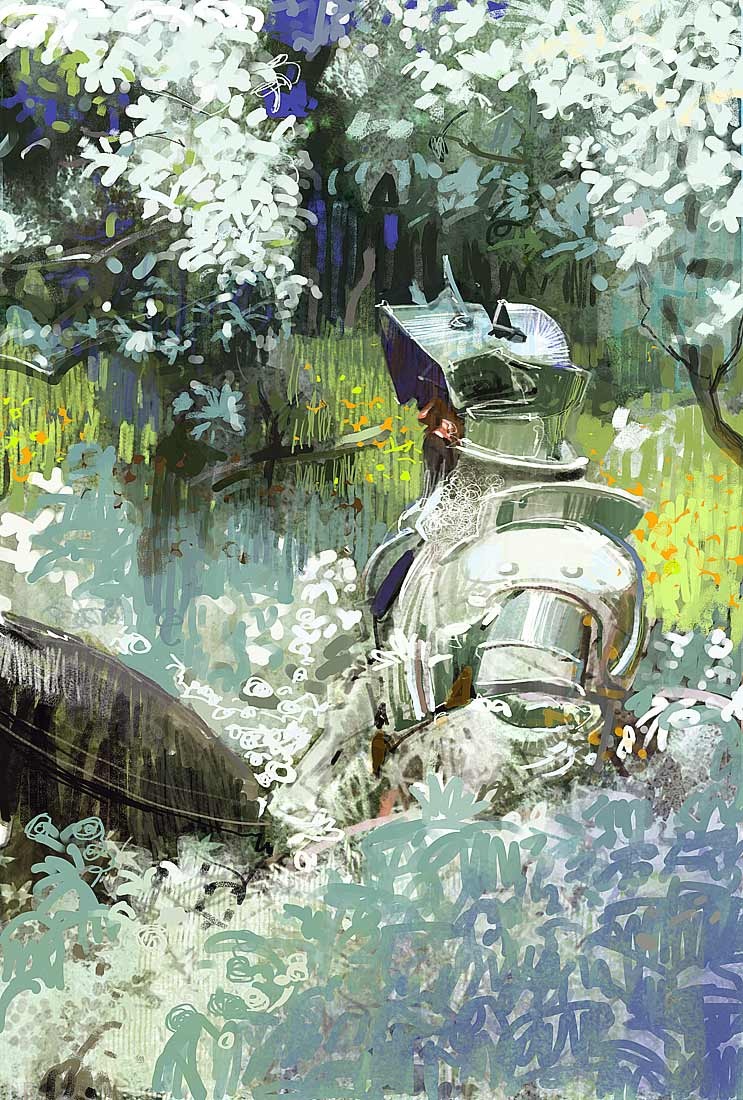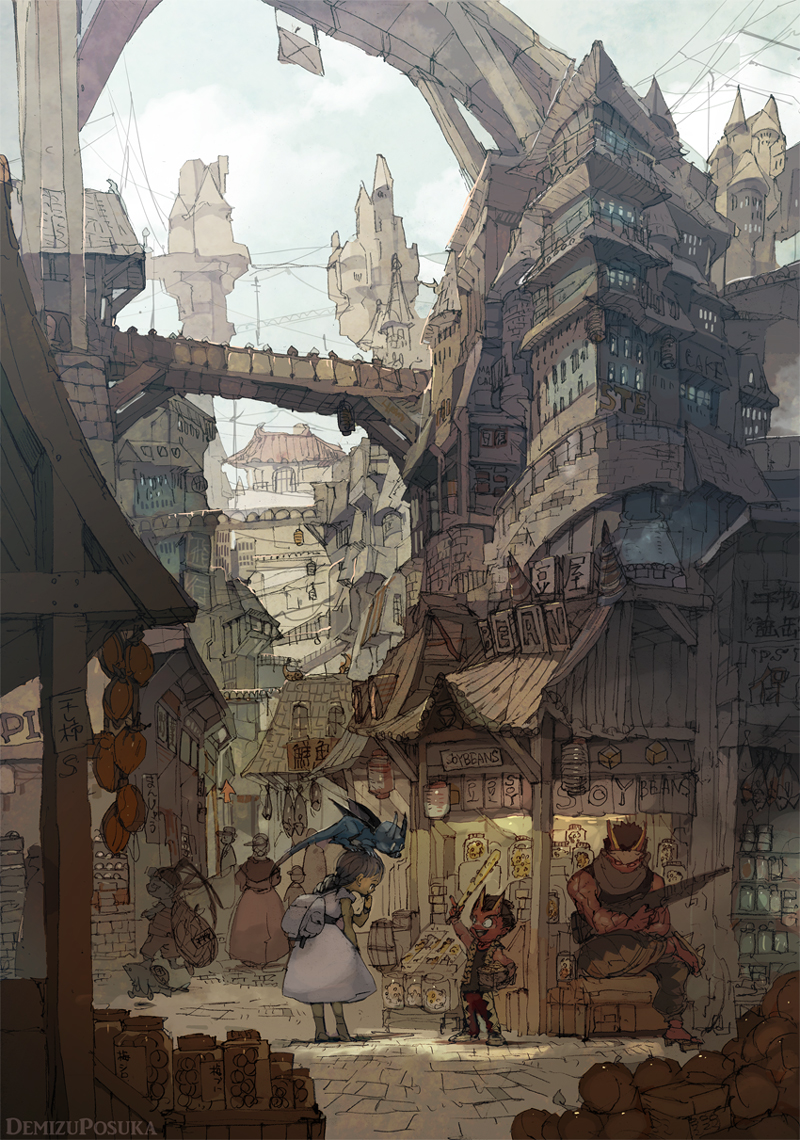Confucianism
February 7th, 2023
tl;dr Confucianism has been politically dilluted over millennia and caused lasting impacts on Asian-American parenting styles
I say "Asian culture," but I mean "Asian-American culture" when viewed through American lens.
Y'know, having read about tiger parenting and having lived through an idea of "parental strictness," I'm curious why Asian-American tiger parents source their abusive ideas from Confucianism.
For some reason, "loyalty" and "filial piety" is always over-emphasized. A child's obedience to parents.
But I notice what's always neglected from Confucianism are the expectations of the parent role. The ideas of humaneness and "ren" is always cast-aside when these parents cite "culture."
If tiger parents are going to cite "culture," they should follow it thoroughly. It's ridiculous that such abusive parents will demand obedience yet throw a temper tantrum like a five year old. It's unbefitting of their position.
In other words, tiger parents choose only to follow the most convienent parts of Confucianism for their narcissistic needs.
And since this issue is pervasive across Asian cultures, I'm led to believe that Confucianism has been bastardized through all the violent turmoil that's plagued East Asia over the past millennium.
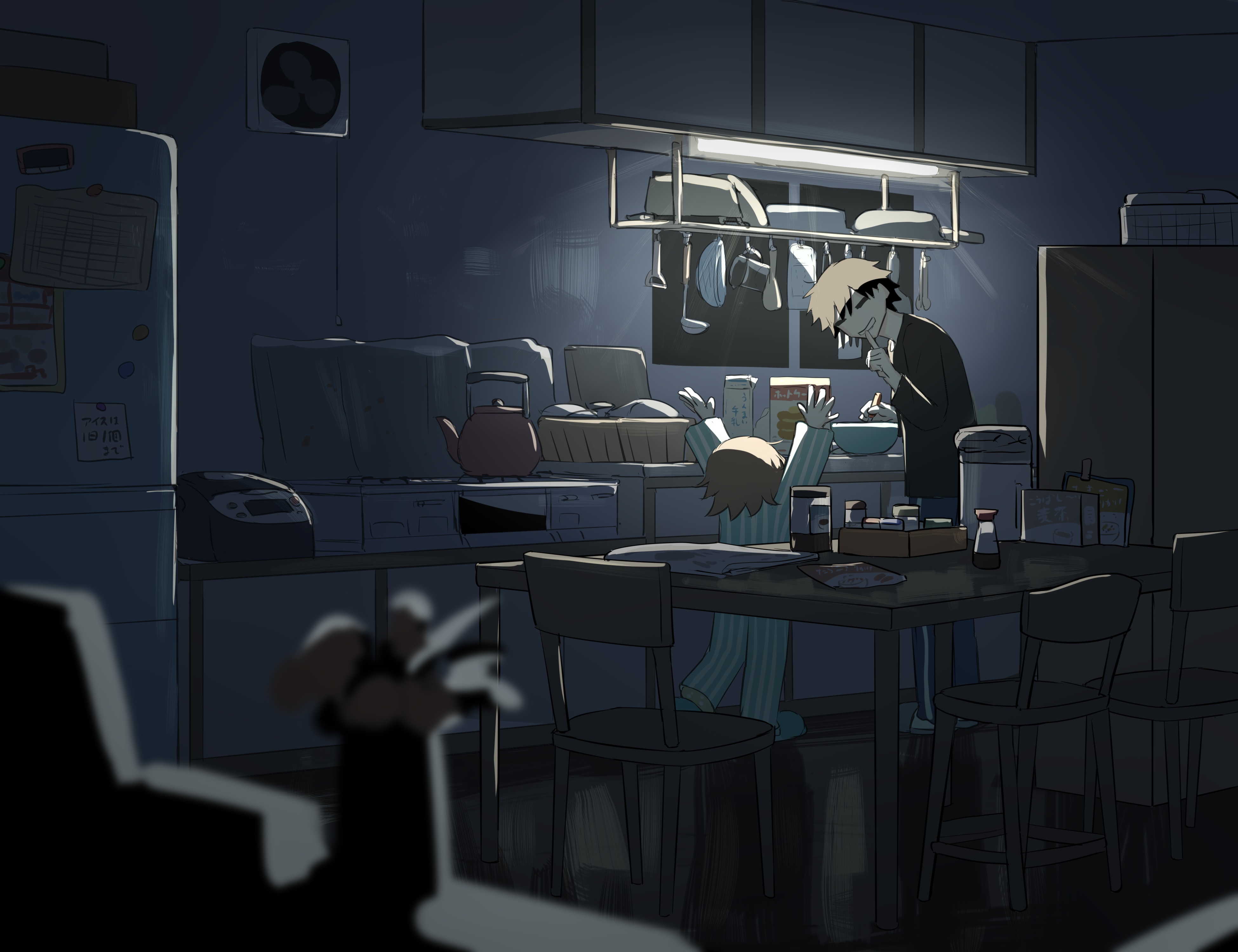
Sources
In the Mengzi it's stated:
Mencius said to the king Xuan of Qi, 'When the prince regards his ministers as his hands and feet, his ministers regard their prince as their belly and heart; when he regards them as his dogs and horses, they regard him as another man; when he regards them as the ground or as grass, they regard him as a robber and an enemy.'
In other words, it's accepted in Confucianism that higher authorities can be morally corrupt. And when they're morally corrupt, they are to be naturally treated as "robbers" and "enemies." Another passage in the Mengzi it's even suggested to rid of them:
Mencius said to the king Xuan of Qi, 'Suppose that one of your Majesty's ministers were to entrust his wife and children to the care of his friend, while he himself went into Chu to travel, and that, on his return, he should find that the friend had let his wife and children suffer from cold and hunger - how ought he to deal with him?'
The king said, 'He should cast him off.'
Mencius proceeded, 'Suppose that the chief criminal judge could not regulate the officers under him, how would you deal with him?'
The king said, 'Dismiss him.'
Mencius again said, 'If within the four borders of your kingdom there is not good government, what is to be done?'
The king looked to the right and left, and spoke of other matters.
Who would've thought rebellion was supported by Confucianist texts?
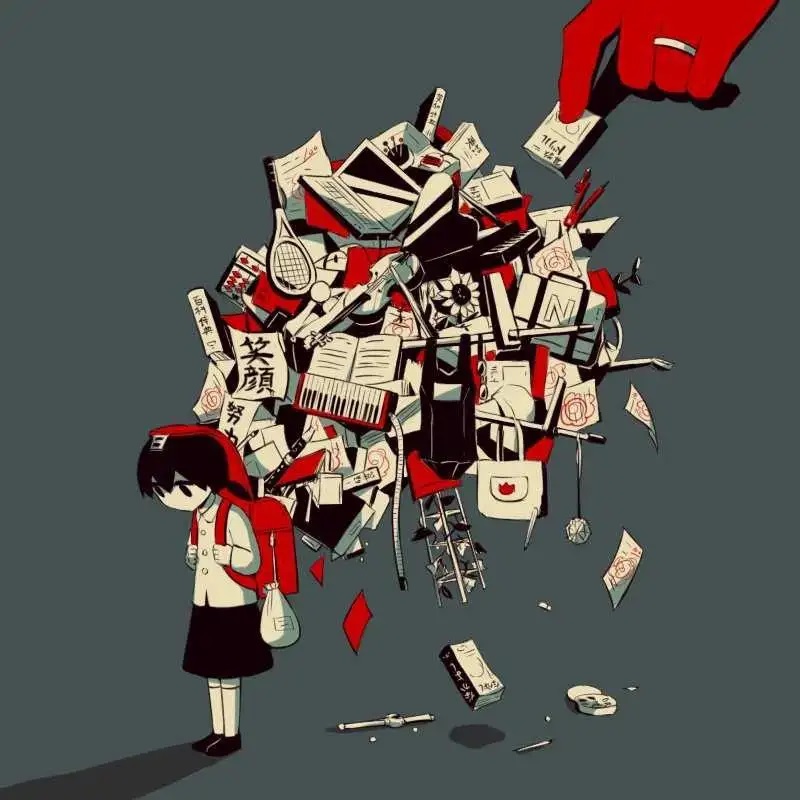
Historical Revisionism
I'm even going to cite Wikipedia here:
Confucius himself did not propose that "might makes right," but rather that a superior should be obeyed because of his moral rectitude.
Positions of authority are granted to certain people because those people have strong morals. That they're incredibly humane, righteous, and altruistic.
Now, that's obviously a problematic belief for the majority of violent, warring governments that have reigned over China over the past two thousand years. To solve this, these autocratic governments have revised the virtues over time.
Many re-interpretations of Confucianism have over-emphasized "unquestionable loyalty and filial piety" over "benevolence" to culturally back centralized governments and oppressive policies (see: Qing Dynasty.) As a government, you can do anything and be anything you want if you have the citizens' unquestionable loyalty, practiced in every household in the form of filial piety. And as a kicker, these ideas are "traditional Chinese values!"
Obviously, these teachings continue to this day.
Extending this to the parent-child relation, it makes sense why Confucianism is misinterpreted. Generations of tyrannical Asian-American parents influenced by "tradition."
And quite frankly, now we have some bastardized "Asian culture" that actually promotes "might makes right" rather than "moral altruism." I think Confucius would be rolling in his grave if he saw the state of "Asian culture" nowadays.
So, I hope one day tiger parents will realize that "culture" is not an excuse for the abuse they exact. It's just their own crazy, narcissistic ambitions that fuel themselves to act in such a gross way.
Real Confucianism promotes harmony, altruism, and "moral rectitude" from both sides.
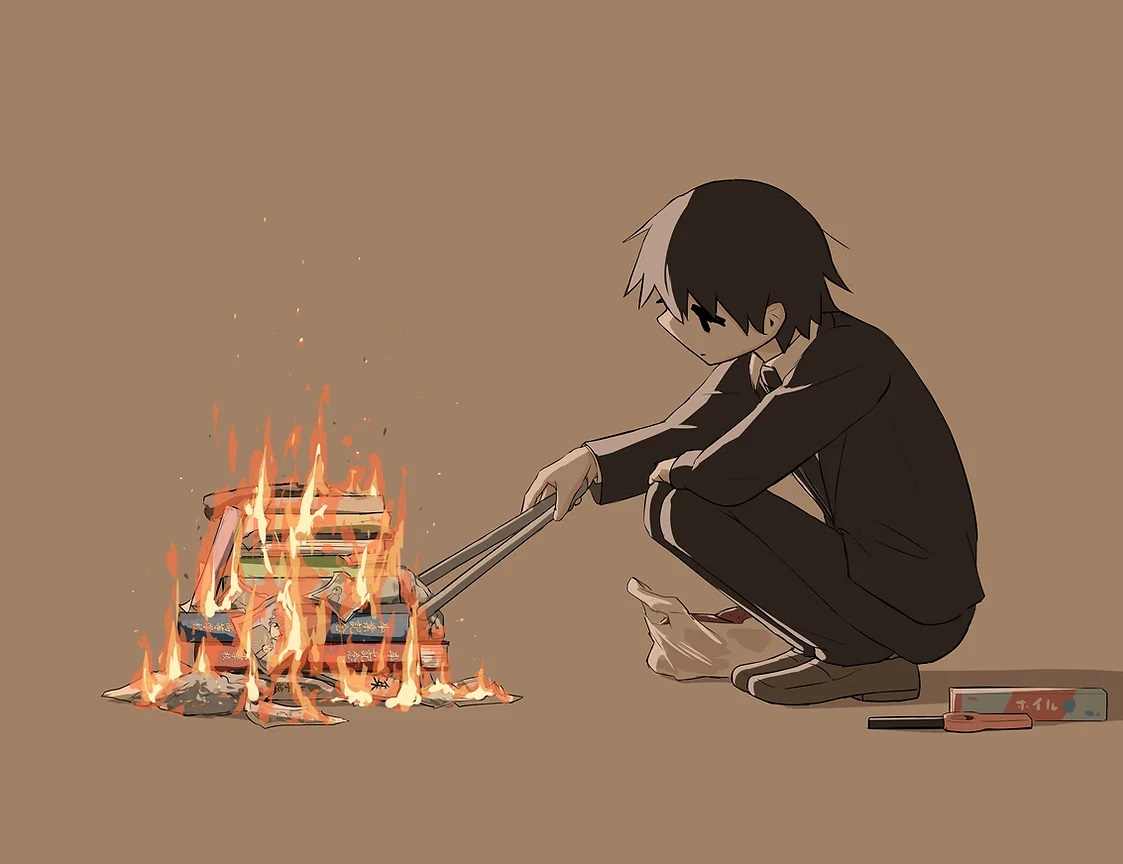
Di Zi Gui - an extra side note
I've actually found an interesting discussion on Quora regarding "bastardized Confucianism."
The Di Zi Gui was written sometime between 1661-1722 during the Qing dynasty (almost two thousand years after the original Four Books and Five Classics were written.) It is based on the original Analects of Confucius, but clearly over-emphasizes mindless obedience.
It's still distributed and taught across China and Taiwan to this very day as representative of Confucianism and "Chinese values."
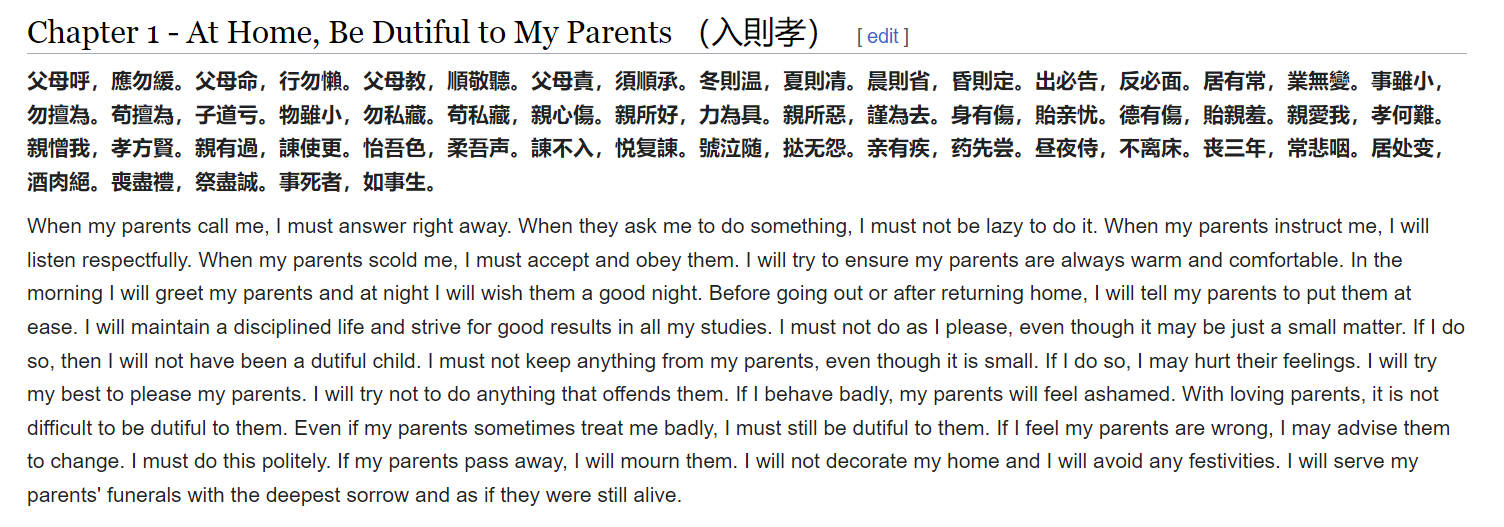
What is it really? It's a propagandic distortion of filial piety and describes to a tee what a tiger parent would expect of their children. (I'd accuse it as brainwashing material.)
But as mentioned in the Quora post, the original Confucianist texts do not promote mindless obedience. In fact the opposite, that it's a child's filial duty to run from an abusive, sinful parent!
It makes me wonder how distorted all "Asian cultures" have become over the past few hundred years. Not even considering the introduction of the west.
Personally
I've had the luxury of experiencing true filial piety.
My maternal grandmother is of the kindest on this planet. I would do anything to serve her. If she needed me, I'd easily drop everything and fly across the world to help.
It fills me with great pride to be able to sincerely say that. I'd say it's comparable to the feeling of how a knight is honored to serve their lord. (Though my lord is a hobbling old lady.)
Okay, maybe the Quixotic analogy is much, but it captures the feeling well. Maybe a better image is Mulan returning home?
